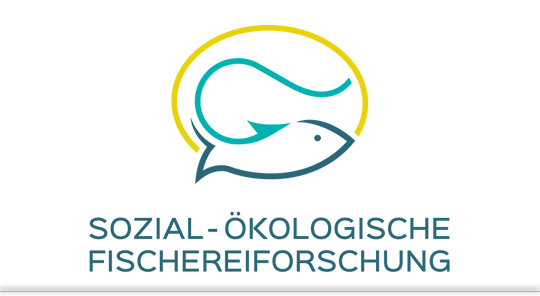Size-selective mortality (either positive or negative) in fish stocks can bring about evolutionary changes in life-history traits as well as behavioural traits such as collective risk-taking and food finding and induce cognitive changes like decision-making and learning-speed. However, evolutionary changes in behaviour and avoidance-learning of fishing gears like hooks are relevant in the context of recreational fisheries. Yet, how collective behavioural changes can impact mortality outcomes in fishing is underexplored and lacks empirical studies. In this study, I investigated the impact of size-selective mortality on hook-avoidance learning and memory in adult zebrafish (Danio rerio) derived from three selection lines; that were generated by intensive removal of the large or small or random sized fish for five consecutive generations. My objectives were (1) to test if zebrafish selected for either large or small body size differed in hook-avoidance learning behaviour, (2) to examine if the zebrafish selection lines differed in remembering the hooking experience, and (3) to determine if hook-recognition varies among selection lines in zebrafish. To that end, I tested inspection and hooking-vulnerability in fish groups among the three selections lines over a period of time and tested for memory after an interval. I found the small line fish to be significantly less vulnerable to fishing hooks compared to the control line, though the selection lines learned to avoid the fishing hook equally well. All lines retained the memory of hooking when retested after a time interval. Additionally, I found evidence for the ability to distinguish between a sharp hook and a sham hook in the large line fish compared to the control. My study provides support for the assumption that intensive size-selection alone can leave a cognitive legacy in evolving fish populations. Selection typical of most fisheries where the larger individuals are harvested (positive size selection), can lead to reduced vulnerability to passive gears like hooks, while in fisheries where the larger fish are spared (negative size selection), can lead to increased cognizance of hook.
The effects of size-selective harvesting on hooking-vulnerability and hook-avoidance learning in adult zebrafish (Danio rerio)
Bachelor

Häusler, J. (2025). The effects of size-selective harvesting on hooking-vulnerability and hook-avoidance learning in adult zebrafish (Danio rerio). Freie Universität Berlin. Bachelor thesis.
Veröffentlicht
: 2025
Erschienen in
: Freie Universität Berlin
